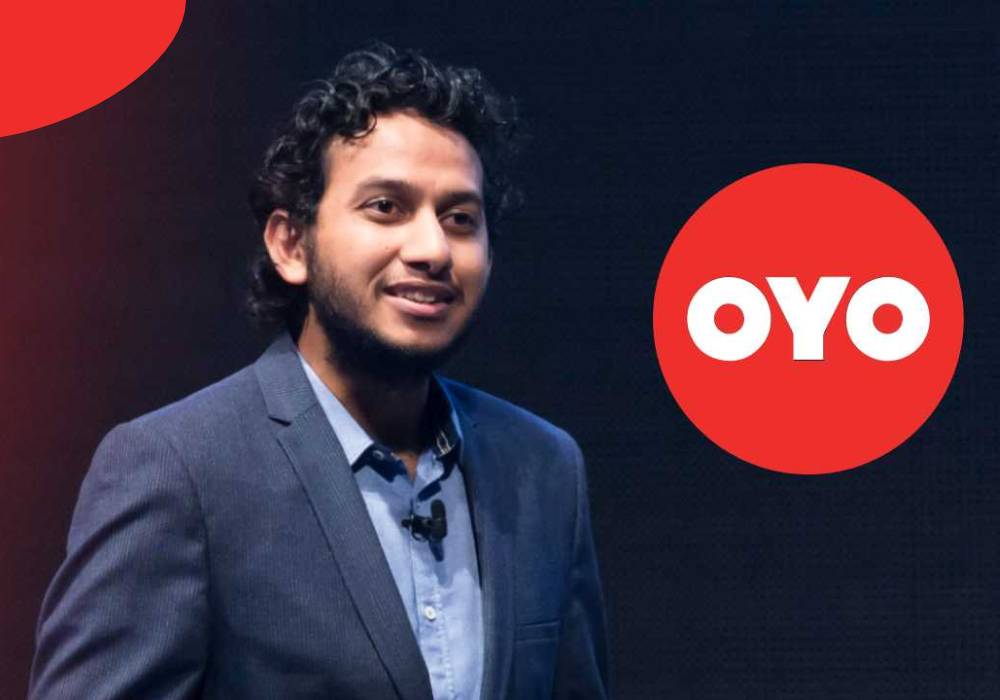Long IPO wait times prompt Oyo to seek private funding
Ritesh Agarwal, the founder of OYO, provided his staff with the following financial information last month: In the fiscal year that concluded on March 31, 2023, operating revenues increased by 14% to Rs 5,463 crore, and losses decreased by 38% to Rs 1,286 crore.
In the July to September quarter, Oyo also anticipated a rare profit after taxes, the confirmation of which is expected. For a corporation that posted losses of Rs 13,100 crore in the year ending March 31, 2020, this has been quite a rebound.
Investors see promise once more despite the fact that the company’s revenue in 2020 was Rs 13,400 crore lower than in the past. Additionally, Agarwal’s move to revise his valuation assumptions has sparked new interest.
The IPO attempt reveals his revised valuing strategy. following the filing of numerous addenda to its initial application. In March of this year, Oyo applied for a private IPO. This meant that it could hold off on disclosing its precise financial information until Sebi gave its final approval, which agency has not yet done.
The fresh private round of fundraising is currently being considered using that amount. There are, however, several problems that can scare away investors and make the deal more difficult.
Buy OYO Unlisted Share
1. Debt of $660 million
In 2021, when interest rates were at their lowest, Oyo took out a term loan B. Since 2022, the rates have been rising, and projections show that Oyo’s yearly interest expenses will exceed $80 million. Any profits or cash flow it makes in the near future will be completely destroyed by this. The company was in discussions with Apollo Global to refinance the debt, according to a Bloomberg article from last week.
2. RA Hospitality
This was the entity through which Agarwal raised a separate loan of $2.2 billion from Mizuho and Nomura. He utilised the capital to buy back a 21% stake from early backers such as Sequoia and Lightspeed at a $10-billion valuation in 2019 In late 2022 The Economic Times reported that this loan had been restructured with a quasi-equity component marked down from $1.8 billion to $950 million, which must be paid off in 10 years. The remaining $383 million in debt has to be settled by 2027 instead of 2025.
Agarwal’s ambitions for the company and those of the lenders must be considered by anyone purchasing a stock in Oyo. “It has to raise capital from investors who are as familiar with financial engineering and debt as they are with the upside of equities. Therefore, bulge-bracket buyout companies are contacted. However, compared to VCs, these have stricter terms, according to an investor following Oyo.

In case you need any personal assistance, you can reach out to us at +918240614850 or support@altiusinvestech.com
Also Read our other blogs
Get in touch with us
For any query/ personal assistance feel free to reach out at support@Altiusinvestech.com or call us at +91-8240614850.
To know, more about Unlisted Company. Click here – https://altiusinvestech.com/blog/what-is-listed-and-unlisted-company
You can also checkout the list of Best 5 Unlisted Shares to Buy in India
For Direct Trading, Visit – https://trade.altiusinvestech.com/.
To know more about How to apply for an IPO? Click- https://altiusinvestech.com/blog/how-to-apply-for-an-ipo/

